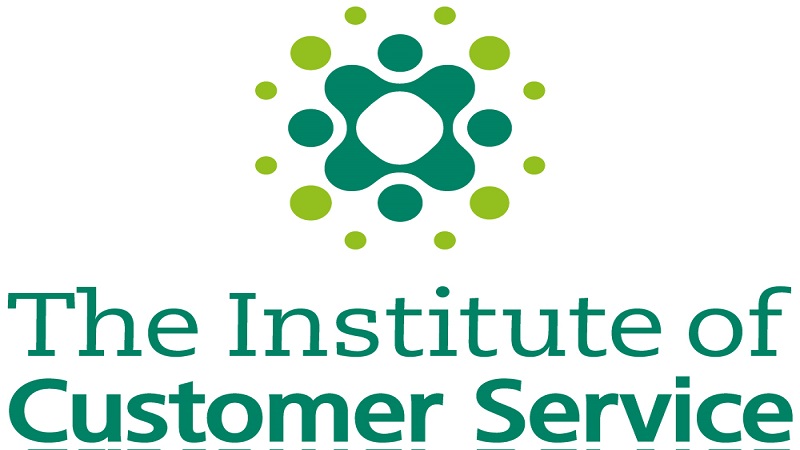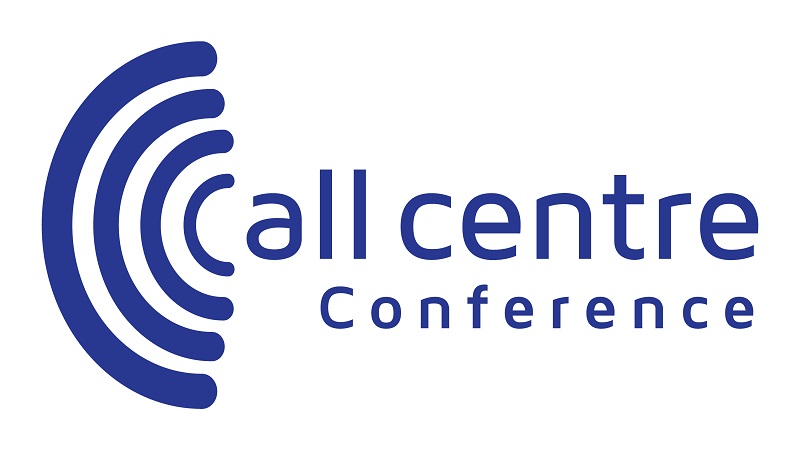Industry Spotlight: PeopleTECH – how to get the most out of social media in contact centres…
https://contactcentresummit.co.uk/wp-content/uploads/2016/09/PeopleTECH-MICROSITE.jpg 800 450 Jack Wynn Jack Wynn https://secure.gravatar.com/avatar/e6e4c614a3e43ed5c1e30f3c96cd4d3d?s=96&d=mm&r=gThe past decade or so has witnessed the astonishing rise of social media. It has changed the way we communicate with friends and family; how we consume news; how we share photos; how we look for a new job and much more – there are an estimated 1.65 billion active daily users on Facebook alone.
Social media has also changed how consumers interact with brands. Because consumers are so savvy and switched-on to the immediacy of social media, they know a few tweets can save them time spent on frustrating calls and long waits for engineers. Twitter and other social channels are plugged into marketing, PR and sometimes even the CEO; therefore issues will often get addressed as a priority.
This means brands have had to invest in social media, and bring that into existing customer experience channels. At times this has even meant that many brands focus on social at the expense of other channels. But while this is understandable in some ways, it is also a mistake. Organisations that provide omnichannel service will prosper far more than those who concentrate on social media channels at the expense of others – this is how to really get the best from social media in the contact centre.
Provide agents with the right training
When a consumer is expressing dissatisfaction with a service or just want a question responded to on social media, it requires a slightly different approach to other channels. With a phone call, live chat or face-to-face interaction, it is taking place in private. Social media interactions are taking place in public.
While the Millennials that make up a lot of the workforce within a contact centre have grown up with social media, there is a difference between how it is used personally to how it is used professionally. Make sure you staff are clear on what they can and cannot say on social media.
Don’t put all your customer experience eggs in one basket
Social media is an intrinsic part of both everyday life and also customer experience. But brands and their contact centres should be very wary about not over-focusing on social media. More than half of consumers who expect a brand to respond to a Tweet, demand that response comes in less than an hour, rising to 72 per cent when they have complaints.
When companies don’t meet these expectations, 38 percent of the public feel more negative about the brand. But is it realistic to meet those demands all the time? Social media is actually a limited channel for addressing customer queries or complaints, and interactions are often transferred to a different channel to be fully resolved.
So while any brand that doesn’t use social media as a customer channel looks to look at their strategy very hard indeed, it is imperative not to overlook other channels or over-invest in social media – it just isn’t sustainable.
Social media and the Single Digital Channel
The best use of social media within a contact centre is as part of an omnichannel strategy, providing to consumers a unified, consistent and contextual customer experience, across ALL channels. In addition to omnichannel providing this seamless experience, the right tools can also give brands unparalleled information and data relating to that customer and their likely intent.
This data includes an awareness of what the customer has done previously, allowing frontline customer service staff to offer a better service to that customer, resolving issues quicker and offering help at the right time and via the right channel.
The Single Digital Channel (SDC) is also important and should be a customer experience goal for any brand. This gives an agent access to all media types from their desktop, with all contact interaction taken by customers – voice, email, chat, social media – waiting in one queue to be addressed by the right agent. The ‘right’ agent can mean the next available agent, one with a particular skill-set or area of expertise, or even one with a prior history with that customer.
Social media is a channel that can play a major role in delivering the right customer experience. But it shouldn’t be the sole focus. There can be a danger that brands will focus too much on this and let other channels suffer, when they would be far better advised to include social media as part of an overall omnichannel strategy.
Mike Hughes is a director at PeopleTECH consulting and one of the UK’s foremost customer experience experts, having worked with companies such as Thomas Cook, BskyB and France Telecom.
PeopleTECH combines experience working with some of the world’s biggest companies, with a deep understanding of digital transformation, helping to drive efficiency and profitability by offering a bespoke and agile approach to improving the customer journey.





